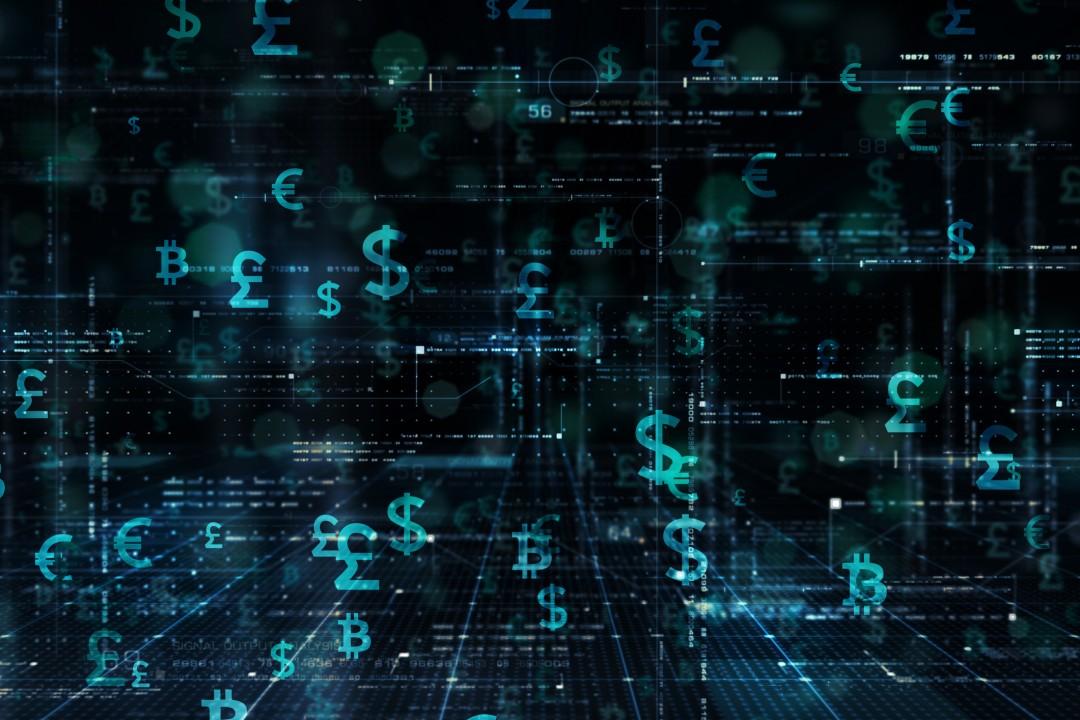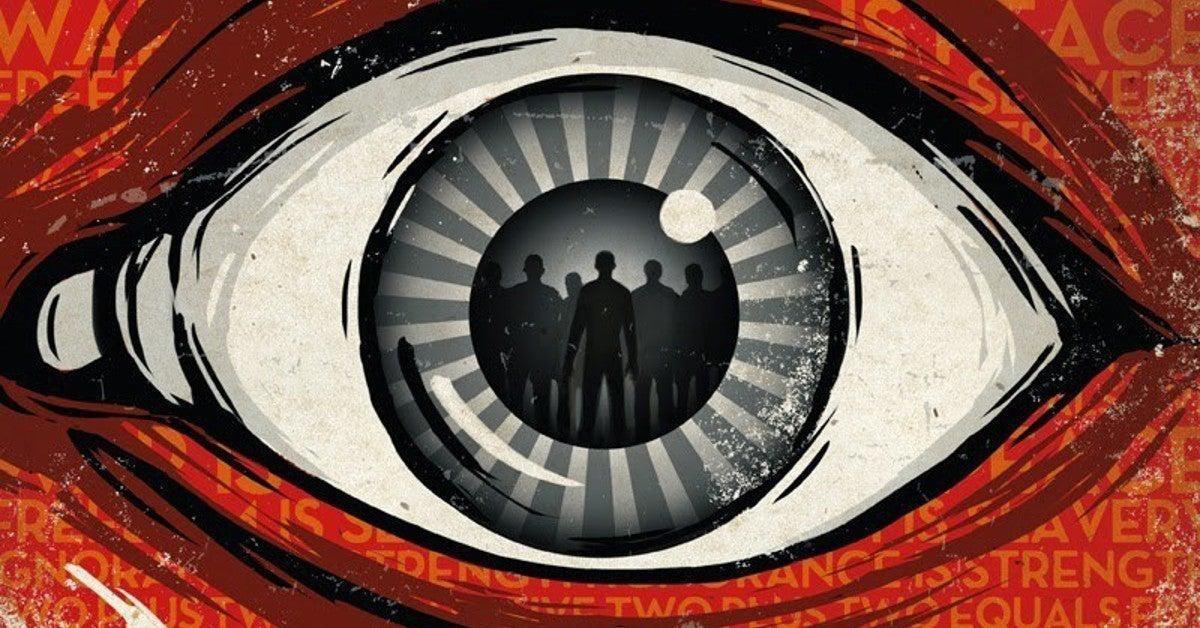“I stay low key and get them to underestimate me,” said Liv. Mara and I were in Salt Lake City on Veteran’s Day for the 2023 Men’s Collegiate Club Nationals. Liv plays goalie for West Point. Which typically leaves her as the only woman in a pool of 6-foot 4-inch men. “They see me at 5-foot 4-inches, and can’t help themselves,” she said, her first game of the tournament against UCLA. “That’s how I get a psychological edge. And at the end of the game, when we line up to shake hands, usually half of them can’t even look me in the eye,” she said, laughing. When Liv was young, Mara and I joked that our job was to somehow boost her competence to match her confidence. We still do. And at game’s end, UCLA 21 - West Point 6, Liv shrugged and flashed us a smile.
Dusted off an anecdote from 2012 about one of my favorite life moments, and the importance of playing your own game, biding your time (see below). Off to Singapore this week. Back next Sunday with full wknd notes. All the very best, E
Week-in-Review: Mon: Fed’s SLOOS shows modest improvement in lending conditions and demand (but overall levels still concerning), US discusses tactical pause with Israel, Australia PM Albanese meets with Xi – first meeting in 7y, Korea reimposes a short selling ban, S. Arabia and Russia reaffirmed oil supply cuts until end of year, Indonesia GDP 4.94% (5.00%e), Eurozone PMI services 47.8 as exp / composite 46.5 as exp, Germany Factory order MoM 0.2% (-1.5%e), S&P +0.2%; Tue: RBA hiked 25bp as exp to 12y high / rhetoric was dovish, Netanyahu sees Israel having security control over Gaza for an indefinite period, Fed’s Kashkari suggest that overtightening is better than not doing enough to get infl to 2% / Bowman still expects more hikes / Logan says infl trending to 3% rather than 2% / Waller says Q3 data was a blowout – expects some softening, BOE’s Pill says infl coming down fast and mkt pricing of future cuts not unreasonable, oil prices fall below Hamas invasion level, Germany IP WDA -3.7% (-2.7%e), Eurozone PPI -12.4% (-12.5%e), US Trade balance -$61.5b (-$59.8b e), S&P +0.3%; Wed: Israel says troops stormed the heart of Gaza city, Poland CB unch (25bp cut exp), BOJ’s Ueda says could tighten before real wages turn positive, SF Fed says excess savings likely to run out in 1H24, Germany CPI 3.0% as exp, EU Ret sales -2.9% (-3.1%e), Brazil Ret sales 3.3% (2.5%e), S&P +0.6%; Thu: Ueda says will keep YCC and NIRP until necessary to hit 2% infl in sustained manner, ECB’s Villeroy mentions that ECB is done hiking, Powell says Fed won’t hesitate to tighten policy further if needed, China CPI -0.2% (-0.1%e) / PPI -2.6% (-2.7%e), US Jobless claims 217k (218k e) / Continuing claims 1834k (1820k e), Mexico Overnight rate 11.25% as exp, S&P -0.8%; Fri: Lagarde says ECB will not start cutting rates in next couple of quarters, US long-term inflation expectations reach 12yr high, Honda announces 11% wage increase and Toyota 9% raise following UAW’s wins, UK IP 1.5% (1.1%e), UK GDP 0.6% (0.5%e), US U. of Mich. Sentiment 60.4 (63.7e), Moody’s cuts US credit outlook to negative, S&P +1.6%.
Manufacturing PMI (high-to-low): India 55.5 (previous month 57.5), Russia 53.8 (previous month 54.5), Mexico 52.1 (previous 49.8), Indonesia 51.5/52.3, Greece 50.8/50.3, Hungary 50.5/47.4, Singapore 50.2/50.1, South Korea 49.8/49.9, Vietnam 49.6/49.7, China 49.5/50.6, South Africa 48.9/49.9, Hong Kong 48.9/49.6, Japan 48.7/48.5, Canada 48.6/47.5, Brazil 48.6/49, Turkey 48.4/49.6, Norway 47.9/51.8, Taiwan 47.6/46.4, US 46.7/49, Sweden 45.7/43.4, Spain 45.1/47.7, Italy 44.9/46.8, UK 44.8/44.3, Poland 44.5/43.9, Netherlands 43.8/43.6, France 42.8/44.2, Czech Republic 42/41.7, Austria 41.7/39.6, Germany 40.8/39.6, Switzerland 40.6/44.9. Services PMI: India 58.4/61, Russia 53.6/55.4, Ireland 52.6/54.5, Japan 51.6/53.8, Spain 51.1/50.5, Brazil 51/48.7, US 50.6/50.1, China 50.4/50.2, UK 49.5/49.3, Sweden 48.5/46.1, Germany 48.2/50.3, Australia 47.9/51.8, Italy 47.7/49.9, France 45.2/44.4.
Weekly Close: S&P 500 +1.3% and VIX -0.74 at +14.17. Nikkei +1.9%, Shanghai +0.3%, Euro Stoxx -0.2%, Bovespa +2.0%, MSCI World +0.6%, and MSCI Emerging +0.0%. USD rose +4.3% vs Chile, +2.6% vs South Africa, +2.4% vs Australia, +1.4% vs Yen, +1.3% vs Sterling, +1.0% vs Canada, +1.0% vs Mexico, +0.5% vs Turkey, +0.4% vs Euro, +0.1% vs China, +0.1% vs Brazil, and +0.1% vs India. USD fell -13.4% vs Ethereum, -6.2% vs Bitcoin, -1.0% vs Russia, -0.2% vs Indonesia, and flat vs Sweden. Gold -3.1%, Silver -4.3%, Oil -4.1%, Copper -2.6%, Iron Ore +0.5%, Corn -2.8%. 10yr Inflation Breakevens (EU flat at 2.18%, US -5bps at 2.34%, JP -5bps at 1.34%, and UK -1bp at 3.77%). 2yr Notes +22bps at 5.06% and 10yr Notes +8bps at 4.65%.
Year-to-Date Equities (high to low): Argentina +65.4% priced in US dollars (+226.7% priced in pesos), Hungary +38.5% priced in dollars (+31.4% in forint), NASDAQ +31.8% in dollars, Poland +31.2% in dollars (+24.5% in zloty), Venezuela +29.1% (+168.9%), Greece +29% (+29.4%), Italy +19.9% (+20.2%), Russia +19.3% (+50.5%), Brazil +18.3% (+9.9%), Denmark +17.6% (+18.3%), Mexico +16.8% (+5.8%), S&P 500 +15%, Spain +13.5% (+13.9%), Ireland +12.6% (+12.9%), Taiwan +12% (+18%), MSCI World +11.5% in dollars, Czech Republic +11.2% (+13.6%), Euro Stoxx 50 +10.3% (+10.6%), Germany +9.1% (+9.4%), France +8.5% (+8.8%), Netherlands +8% (+8.3%), Japan +7.9% (+24.8%), India +6.5% (+7.3%), Saudi Arabia +3.7% (+3.5%), Korea +3.2% (+7.7%), Colombia +3.1% (-14.2%), Austria +2.2% (+2.5%), Switzerland +0.5% (-1.6%), Portugal +0.2% (+0.5%), UK -0.3% (-1.2%), Canada -0.7% (+1.4%), Chile -0.9% (+6.8%), Sweden -1.2% (+3.5%), Indonesia -1.8% (-0.6%), Russell -3.2%, Norway -4.3% (+8.5%), Singapore -5.9% (-4.4%), UAE -6.5% (-6.4%), Philippines -6.5% (-6.2%), China -6.9% (-1.6%), Belgium -7.4% (-7.1%), Turkey -7.5% (+41.1%), Australia -7.6% (-0.9%), Malaysia -9.6% (-3.4%), New Zealand -10% (-2.9%), South Africa -11.2% (-2.3%), Finland -12.3% (-12.1%), Israel -13% (-5%), HK -13.1% (-13%), and Thailand -19.9% (-16.7%).
Anecdote (Summer 2012): “I emptied my mind,” she explained, looking through me, returning to that mental place in the moment before her race began. I bit my lip to keep from smiling, even laughing. You see, she’s just 8yrs old, tiny for her age – seriously – like the 1th percentile. Yet Olivia’s coach has her swim against 11-year-olds. I don’t protest. Not my style. Plus, I’m pretty certain her coach quickly realized she has an inexplicably strong sense of self, loves to play up, and is uninterested in competing against peers; she just isn’t wired like most. Anyhow, Olivia took her lane one minute before the race began. A couple hundred spectators surrounded the pool. “Oh just look how teeny that girl is,” giggled the crowd. She cooly reached down, scooped handfuls of chilly pool water onto her skinny arms, toothpick legs, splashed her face. And focused intensely on her lane, as the older opponents observed Olivia’s unconventional ritual, amused, distracted. “Take your mark,” ordered the starter. “Pop,” and they leapt. For a 50-meter freestyle. Olivia hit the water last, like pretty much every race I’ve ever seen. And starting from last place she mounted her trademark challenge for 2nd to last, stalking the sick, the wounded. She finished a distant 6th. And having lost the race, but won many hearts, my little girl marched up to the Officials. Alone. Standing tall. Proud. On a natural high. “Excuse me, may I have my time?” she asked. You see, Olivia wants to win so badly it hurts. But she can’t yet. And knows it. So instead, she’s focused on her time, embracing it, improving it. Biding it. You know, odds are she’ll never be much of a swimmer, but someday, she’ll make a great trader.
Good luck out there,
Eric Peters
Chief Investment Officer
One River Asset Management
Disclaimer: All characters and events contained herein are entirely fictional. Even those things that appear based on real people and actual events are products of the author’s imagination. Any similarity is merely coincidental. The numbers are unreliable. The statistics too. Consequently, this message does not contain any investment recommendation, advice, or solicitation of any sort for any product, fund or service. The views expressed are strictly those of the author, even if often times they are not actually views held by the author, or directly contradict those views genuinely held by the author. And the views may certainly differ from those of any firm or person that the author may advise, converse with, or otherwise be associated with. Lastly, any inappropriate language, innuendo or dark humor contained herein is not specifically intended to offend the reader. And besides, nothing could possibly be more offensive than the real-life actions of the inept policy makers, corrupt elected leaders and short, paranoid dictators who infest our little planet. Yet we suffer their indignities every day. Oh yeah, past performance is not indicative of future returns.





